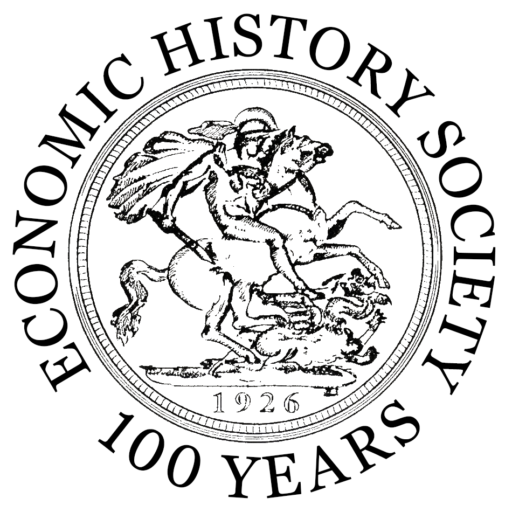Early Modern Capitalism: Trade, Risk and Profit
In this blog post, Professor Maxine Berg of the University of Warwick sets out the themes of a one-day workshop of the History of Capitalism Project held at Brasenose College, Oxford, in April 2024 on some of the parameters and practices of early modern capitalism.
—
The New History of Capitalism initiative in American History departments stimulated a return to interest in the economic and social history of capitalist societies. There are new appointments, initiatives, and seminar series now too in universities in Europe and the wider world. Much of the work pursued in the United States focused on American and nineteenth-twentieth century history. There has been much less on the early phases of capitalism, and especially as these relate to early modern trade and commerce. Yet the foundations for many of the institutions and practices of capitalism were laid down during the early modern period. Research on early modern trade was developed to a degree in recent work in global history; now there arises the chance to connect this with research on Europe’s early modern commerce, manufacture and industry. Much recent social history had abandoned these areas; while economic history in many cases focussed on econometric measurement of economic growth rather than the wider perspective of the study of capitalism. There is much in-depth knowledge in these areas among colleagues, and early career researchers are now exploring the more interdisciplinary approaches.
This one-day workshop brought together historians and economic historians who have worked on international trade, on early modern commerce and financial instruments, on industry, and on family businesses and their networks. Approaching these as a part of the history of capitalism allows a much broader treatment of economic phenomena and will thus bring together economic and social historians. The workshop was titled ‘Early Modern Capitalism’, but there is no strict conceptual framing of it in the way that has been conveyed in the past by the freighted terminology of capitalism. This workshop explored the study of capitalism not as a stage process from merchant capitalism on to industrial then financial capitalism, but as a combination of all three of these. It developed a plural approach to the subject, investigating conjunctural factors affecting different manifestations of capitalist processes as these emerged at different times and in diverse spaces.
We are now at a good point to re-examine early modern economies with a view to researching how their mercantile trade and production processes worked, and incorporating global connections and comparisons. New investigations of early modern capitalism can move beyond older frameworks steeped in stages on the way to modern economic growth.
The workshop covered family merchant networks, global trading hubs, capital, profit and technologies in the textile industries, and financial instruments ranging from early modern Italy to the City of London. Speakers included Giorgio Riello and Michael O’Sullivan (EUI), Martha Howell (Columbia), Susannah Burghartz (Basel), Mary O’Sullivan and Lorenzo Avellino (Geneva), John Styles (Hertfordshire), Francesca Trivellato (Princeton), and Hunter Harris (Oxford).
This exploratory workshop was enabled by a small grant from the Initiatives and Conferences Fund of the Economic History Society to assist with travel and accommodation expenses of some speakers, and by the History of Capitalism project at Brasenose College, Oxford.
To contact the author:
Professor Maxine Berg
Maxine.Berg@warwick.ac.uk
University of Warwick

